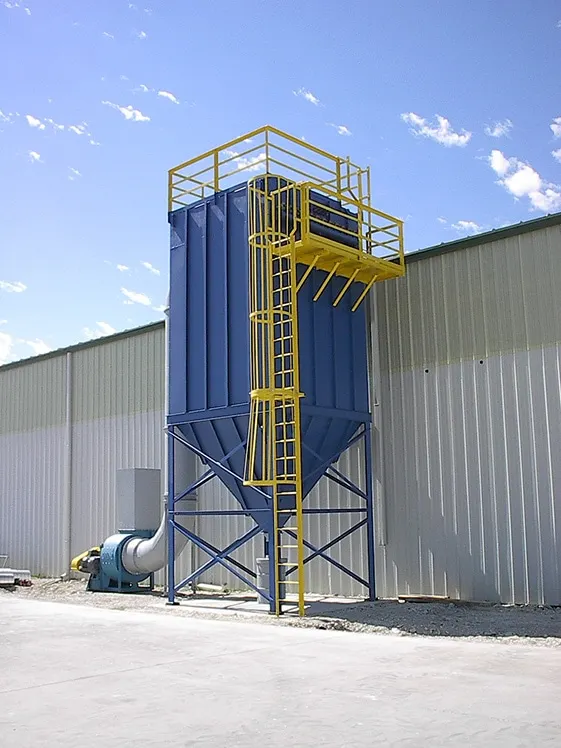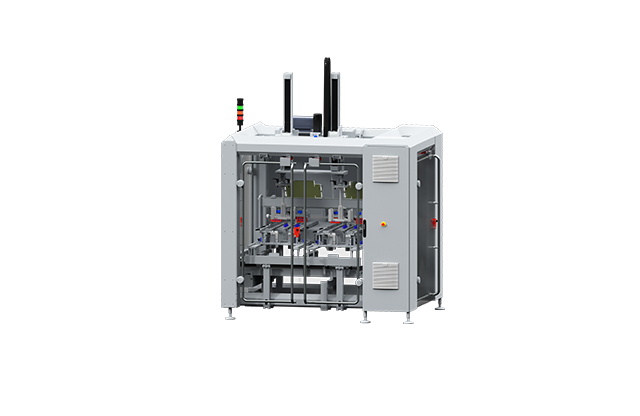The Strategic Importance of Penetration Testing in Cybersecurity Risk Management
Penetration testing, often referred to as ethical hacking, plays a critical role in cybersecurity risk management, serving as a proactive measure to identify and address vulnerabilities before they can be exploited by malicious actors. This practice involves simulating cyberattacks on an organization’s systems, networks, or applications to uncover weaknesses that could be leveraged by real attackers. The strategic importance of penetration testing lies in its ability to provide a comprehensive assessment of an organization’s security posture, offering insights that are often missed by traditional security measures. In today’s rapidly evolving digital landscape, the complexity of IT environments and the sophistication of cyber threats are increasing at an unprecedented rate. Penetration testing allows organizations to stay ahead of potential threats by identifying vulnerabilities in their systems before they can be exploited. By mimicking the tactics, techniques, and procedures used by real attackers, penetration testers can uncover critical weaknesses in security controls, configurations, and implementation. This proactive approach helps organizations prioritize their remediation efforts based on the severity and potential impact of identified vulnerabilities, thus enhancing their overall security posture.
Moreover, penetration testing provides valuable insights into an organization’s incident response capabilities. During a penetration test, ethical hackers often attempt to breach systems and access sensitive information to evaluate how well an organization’s incident response team can detect and respond to security breaches. This assessment helps organizations fine-tune their incident response plans, ensuring that they are well-prepared to handle real-world attacks. Additionally, penetration testing can reveal gaps in security awareness and training among employees, highlighting the need for targeted training programs to bolster the human element of cybersecurity. Another strategic advantage of penetration testing is its role in regulatory compliance and view the page https://aliascybersecurity.com/tulsa/penetration-testing/. Many industries are subject to stringent regulatory requirements regarding data protection and cybersecurity. Regular penetration testing can help organizations demonstrate compliance with these regulations by providing evidence of due diligence in identifying and addressing security vulnerabilities.
Furthermore, penetration testing contributes to the development of a robust cybersecurity strategy by offering actionable recommendations for improving security measures. Unlike automated vulnerability scanning tools, penetration testing involves a manual and in-depth analysis of security controls; often uncovering complex vulnerabilities that automated tools might miss. The findings from a penetration test provide organizations with a clear understanding of their security weaknesses and actionable steps to enhance their defenses. In conclusion, penetration testing is a vital component of cybersecurity risk management, offering a proactive approach to identifying and addressing vulnerabilities before they can be exploited. By providing a comprehensive assessment of an organization’s security posture, testing incident response capabilities, supporting regulatory compliance, and offering actionable recommendations for improvement, penetration testing helps organizations strengthen their defenses and stay ahead of evolving cyber threats. In a landscape where the cost of a security breach can be devastating, investing in regular penetration testing is not just a best practice but a strategic imperative for safeguarding an organization’s digital assets and reputation.
 Sound financial planning and analysis are essential for informed decision-making. Welch Capital Partners provides rigorous financial analysis that enables businesses to make data-driven decisions confidently. Their consulting team assesses the financial health of your business, identifies key performance indicators, and forecasts financial outcomes under different scenarios. This comprehensive approach to financial planning ensures that your business has a clear understanding of potential risks and opportunities, helping you make choices that align with your objectives and enhance long-term profitability.
Sound financial planning and analysis are essential for informed decision-making. Welch Capital Partners provides rigorous financial analysis that enables businesses to make data-driven decisions confidently. Their consulting team assesses the financial health of your business, identifies key performance indicators, and forecasts financial outcomes under different scenarios. This comprehensive approach to financial planning ensures that your business has a clear understanding of potential risks and opportunities, helping you make choices that align with your objectives and enhance long-term profitability.


